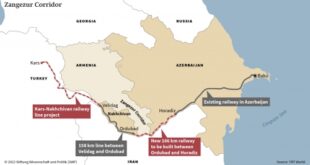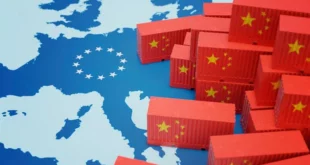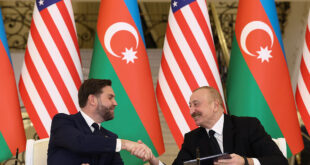MOSCOWÂ – Russian President Vladimir Putin and his favored successor Dmitry Medvedev could take turns to run Russia for another quarter of a century, a senior Kremlin ally said in an interview published on Monday.
Sergei Mironov, a Kremlin loyalist and the speaker of the Russian parliament’s upper house, said Putin could become president again after a Medvedev term, serve two terms himself and then hand over once more to Medvedev.
Neither Putin nor Medvedev have indicated they plan to be in government so far in the future, but the fact Mironov is floating the idea suggests Russia’s ruling elite feels firmly entrenched in power and expects to remain there for many years.
“I will gaze a long way into the future,” the Moskovsky Komsomolets newspaper quoted Mironov as saying. “There could be a variety of scenarios. Vladimir Vladimirovich (Putin) could come back in 2012 (as president).”
“I think that by that time we will increase the head of state’s term to five or seven years. If it is seven years and Vladimir Putin is elected to two consecutive terms, he will run the country for 14 years, that is from 2012 to 2026.”
“And in 2026, it could be that Dmitry Anatolyevich (Medvedev) will once again return to the post of president,” Mironov said. If Medvedev serves a single seven-year term from 2026, he would be in office until 2033.
Russia’s constitution bars a president from serving more than two consecutive terms in office but there is no limit on returning to the job after a break.
Putin, 55, is to step down at the end of his second term in May. He has backed Medvedev, a 42-year-old first deputy prime minister who has worked alongside him since the 1990s, to win a presidential election set for March 2.
Most commentators say a Medvedev victory is a foregone conclusion. The endorsement from the popular Putin is expected to win over voters, and Medvedev’s opponents in the election are trailing far behind in the opinion polls.
Putin has said he is ready to serve as prime minister in a Medvedev administration and that he does not rule out returning to the presidency in 2012.
The Kremlin’s strength is based largely on a booming economy fuelled by high prices for Russia’s main exports, oil and gas. In an indication of the Putin team’s confidence in its own longevity, the government is drafting a strategy for social and economic development up to 2020.
The Kremlin’s critics say it has entrenched power by rigging elections and using its control of the bureaucracy and the biggest media outlets to sideline its opponents.
Some analysts and opposition politicians say the ruling elite could lose its grip on power half way into the next presidential term if, as many observers predict, the economy stops delivering the rising spending power voters expect.
 Eurasia Press & News
Eurasia Press & News



